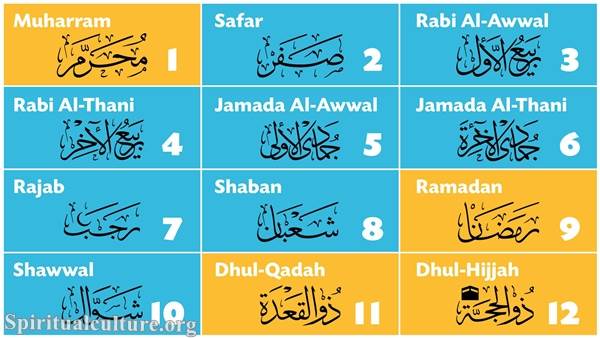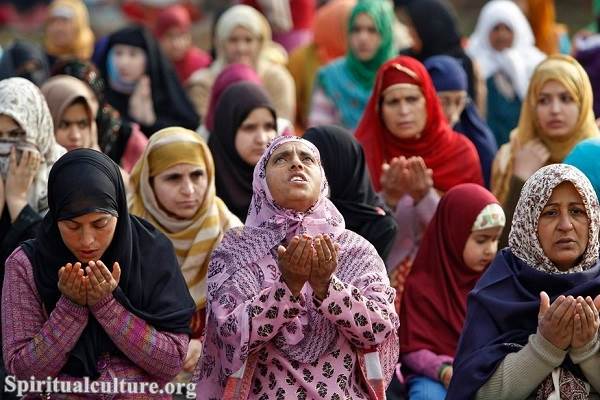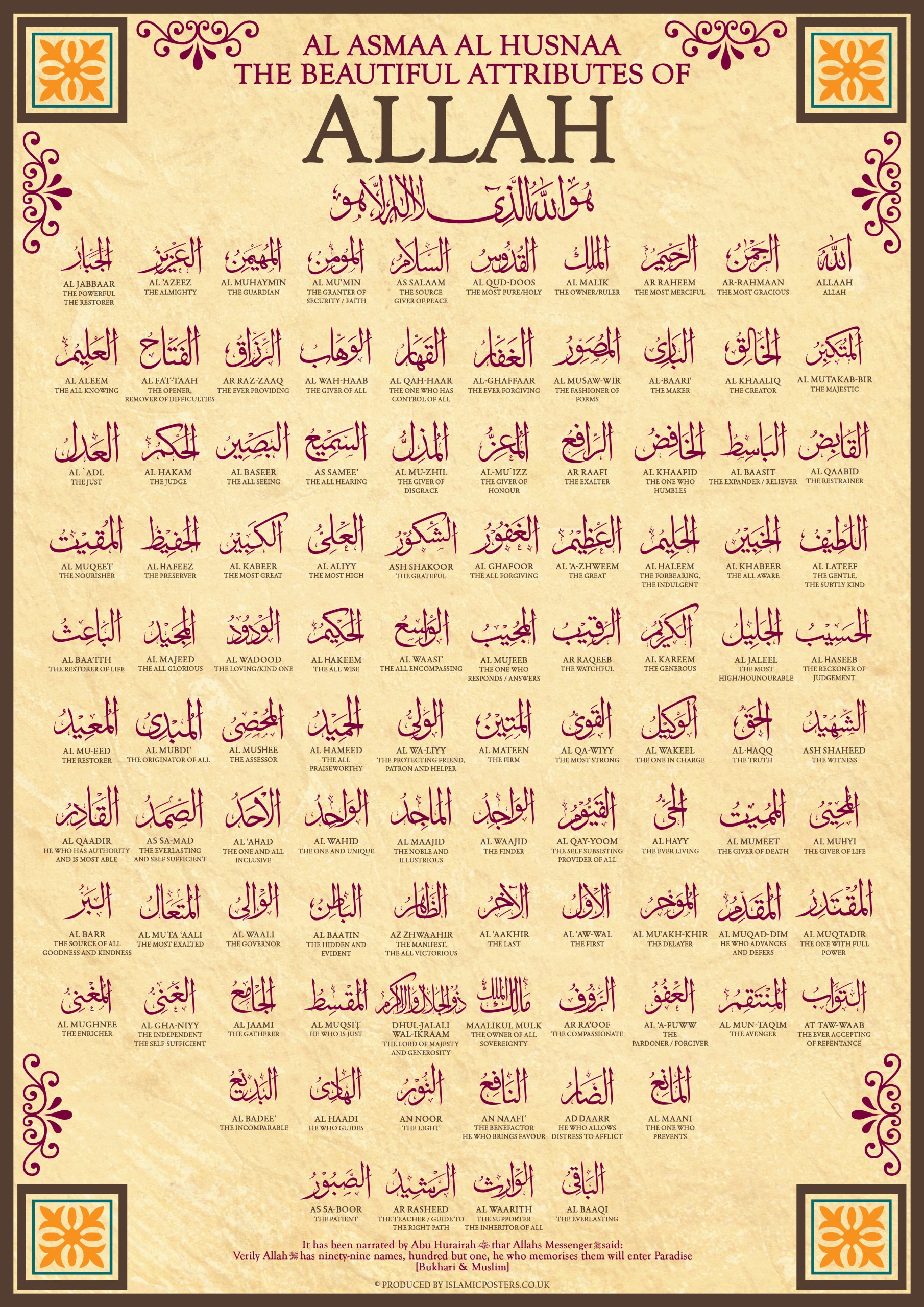In every faith tradition, there lies a deep recognition that true spirituality is never separate from how we treat others. Within Islam, this truth is woven into the very fabric of daily life — and nowhere is this more profound than in the principle of Zakat. More than a religious duty, Zakat is a sacred trust, a spiritual act of purification, and a powerful model of social responsibility.
In this article, Spiritual Culture invites you to reflect on the layered meaning of Zakat: what it is, why it matters, and how it serves not only the poor but the soul of the one who gives. We’ll explore how Zakat reshapes society, realigns values, and reawakens compassion in a world often fractured by inequality.
Let us journey into the heart of giving — not just as obligation, but as sacred opportunity.
What Is Zakat? A Pillar Rooted in Purification
More Than Charity
Zakat, derived from the Arabic root z-k-a, means to purify, to grow, to bless. It is one of the Five Pillars of Islam, making it foundational to Muslim life — not merely an act of charity, but a divinely ordained form of social justice.
Muslims who possess wealth beyond a certain threshold (called nisab) are required to give 2.5% of their accumulated savings each lunar year. But this isn’t just an economic formula — it is a spiritual process:
“Take from their wealth a charity by which you purify them and cause them increase…”
— Qur’an 9:103
Purification of Wealth — and Self
Zakat purifies both the giver’s wealth and heart. By letting go of a portion of one’s material goods, the soul is cleansed from greed, ego, and attachment. It’s a practice of releasing that which was never truly ours to begin with.
Just as pruning allows a tree to grow stronger, Zakat enables wealth to circulate — preventing hoarding, encouraging circulation, and growing compassion.
The Spiritual Meaning Behind Giving
An Act of Worship
Unlike voluntary charity (sadaqah), Zakat is obligatory, yet it remains deeply personal. In Islam, wealth is a trust from God, not a private possession. Zakat is therefore a form of worship — an expression of gratitude and submission.
“And establish prayer and give Zakat, and whatever good you put forward for yourselves – you will find it with Allah.”
— Qur’an 2:110
It reminds believers that every coin has a soul behind it. Every act of giving, if done with sincerity, is an investment in the hereafter.
Giving in Secret, Receiving in Grace
Zakat is not a transaction; it is an act of unseen grace. The Prophet Muhammad (peace be upon him) taught that one of the seven people shaded on the Day of Judgment is:
“…a person who gives charity so secretly that his left hand does not know what his right hand has given.”
— Hadith, Bukhari & Muslim
This subtlety protects the dignity of the receiver and preserves the humility of the giver.
The Social Impact of Zakat: Bridging the Divide
A System of Built-In Equity
Zakat is perhaps one of the most systematic and sustained forms of wealth redistribution in the world. Unlike sporadic giving, Zakat is structured, regular, and universal among Muslims.
It ensures that those on the margins — the poor, the indebted, the traveler, the orphan — are not forgotten. This creates community resilience and economic solidarity, anchoring society in mutual care.
Fighting Poverty, One Heart at a Time
Zakat targets the root of social inequality by not only alleviating poverty, but also upholding dignity. It reminds us that we do not give to the poor out of superiority — we give because their right is in our wealth.
“…And those in whose wealth is a recognized right for the needy and the deprived.”
— Qur’an 70:24–25
This shifts the lens: the poor are not passive recipients, but rightful claimants in a just and balanced world.
Zakat and the Ethics of Responsibility
Wealth as a Test
In the spiritual worldview of Islam, wealth is not a sign of divine favor nor a guarantee of virtue. It is a test:
“Then you will surely be asked that Day about the pleasures [you enjoyed].”
— Qur’an 102:8
Zakat calls every believer to examine: How did I earn my wealth? How am I using it? Whom am I helping? These questions shift wealth from self-indulgence to stewardship.
From Individual to Collective Good
Zakat reinforces a communal consciousness. It builds a bridge between classes, between privilege and need, between self and society. In a world increasingly divided by wealth gaps, Zakat reminds us of our interconnected fate.
Whether funding education, healthcare, clean water, or emergency relief, Zakat becomes a lifeline that flows from the hands of some to the needs of many.
Zakat in the Modern World: Challenges and Relevance
Institutionalizing Compassion
In many countries today, Zakat has been incorporated into government institutions and NGOs — creating structured ways to distribute aid. But this raises important spiritual questions:
Are we still giving from the heart, or simply fulfilling a duty?
Zakat must remain more than a checkbox. Its power lies in conscious intention, careful giving, and awareness of impact.
Economic Systems and Spiritual Values
In a global market economy often defined by competition and profit, Zakat offers a radical counter-narrative: one of ethical redistribution, sacred trust, and shared flourishing.
Zakat challenges the idea that success is private and consumption is ultimate. Instead, it nurtures an economy of compassion, where success is measured by how well we lift others.
Real-Life Stories: When Zakat Transforms Lives
The Orphan’s Education
In a village in Sudan, a Zakat-funded program provided scholarships for children who had lost both parents. One of them, a girl named Amina, went on to become a doctor and returned to serve her community. Her story is one among thousands — proof that a small share of wealth can unlock worlds of hope.
From Hunger to Dignity
In refugee camps, Zakat-funded food distributions are not only about survival but restoring dignity. Volunteers distribute with respect, greet with warmth, and offer halal meals — ensuring the soul is nourished alongside the body.
The Deeper Call: Becoming People of Zakat
Living Generously, Not Just Giving Obligatory
While Zakat is a specific mandate, it’s meant to awaken a lifelong habit of generosity. The Prophet Muhammad (peace be upon him) gave even when he had little. He reminded us:
“The upper hand is better than the lower hand.”
— Hadith, Bukhari
This does not shame the one in need, but lifts the heart of the one who has. Zakat opens the door, but a true believer walks further — into Sadaqah, endowment, volunteering, compassionate trade, and a spirit of everyday giving.
A Culture of Mutual Responsibility
Ultimately, Zakat invites us to build a culture of care. Where neighbors look after one another. Where giving is not seasonal, but sustained. Where no one is left behind — not because of obligation, but out of love.
This is not just about Islam — it is about a universal ethic of justice. When practiced with heart, Zakat becomes a model for humanity: balancing spiritual growth with societal uplift.
Reflect and Reimagine
Zakat is not merely a number or rule — it is a reflection of how we see wealth, how we value others, and how we serve the divine through service. It is a yearly purification of our possessions and priorities. And if we allow it, Zakat purifies more than money — it purifies our view of the world.
What would it look like if more societies embraced the spirit of Zakat — not only in religion, but in governance, in business, in daily life?
Let us not see Zakat as an obligation we fulfill, but as a doorway into the person — and the society — we’re meant to become.
Spiritual Culture encourages you to give not just with your hand, but with your heart. For in giving, we grow. In serving, we are lifted. And in caring, we remember who we truly are.



